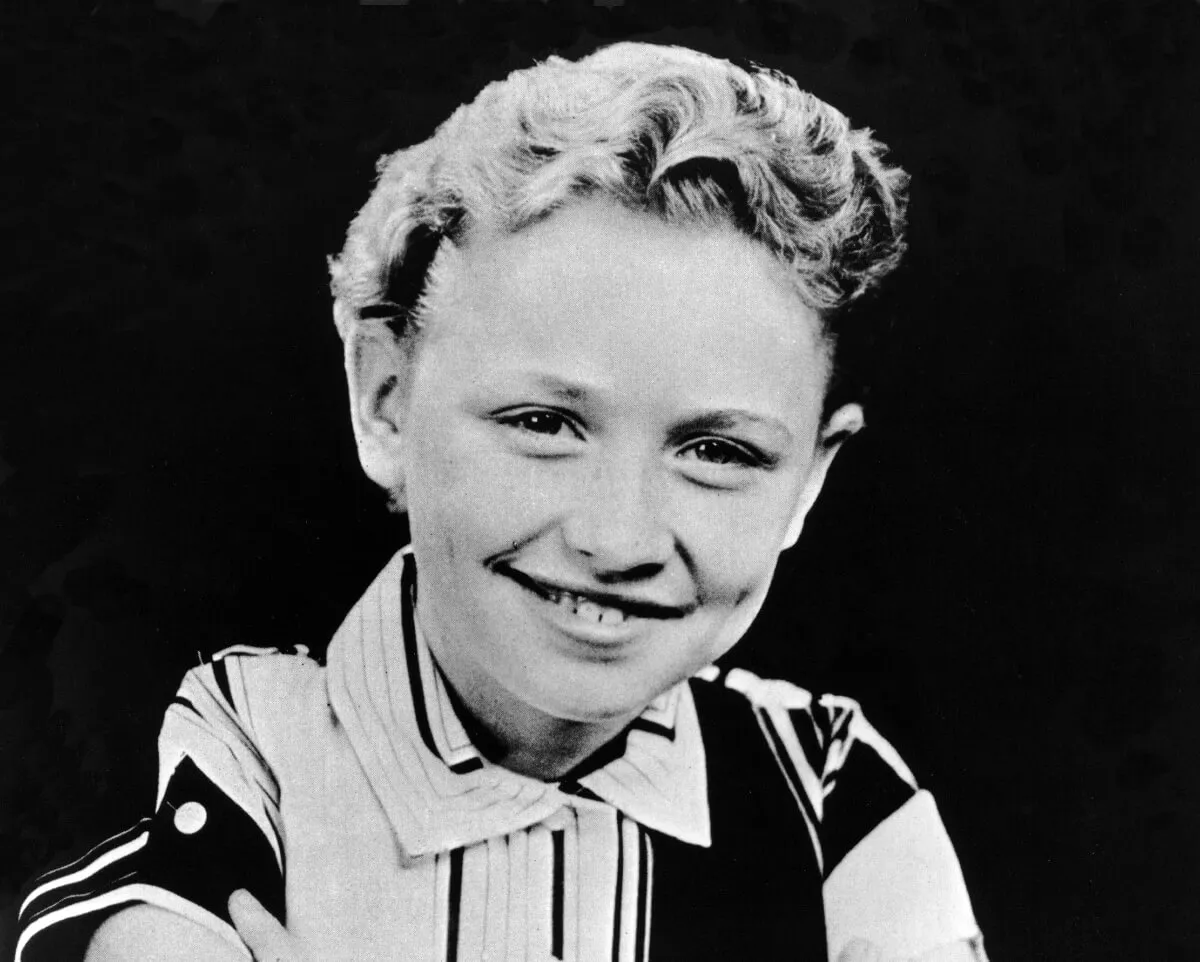‘Modern Family’: Could the Dunphys Really Afford Their Los Angeles Home?
Modern Family’s final episode aired on April 8, 2020. Longtime fans bid a tearful goodbye to Claire and Phil Dunphy. Even though the series is officially over, the loveable couple promised to leave the porch light on, because, after all, the kids always come back home again. Speaking of that home, the Dunphys house was just as much a character in the show as the Dunphys themselves, but could they really afford it?
What is Phil and Claire Dunphys’ house worth?
Claire and Phil called suburban Los Angeles home, and in keeping with the location, a home in West LA was used for all of the exterior shots during the show’s 11-season run. The interior of the house, however, was built on a soundstage. The layout did seem to lineup nicely with the layout of the actual property used for exterior shots.
The West LA home that was used for the exterior shots was last sold in 2014 for a whopping $2.15 million. The four-bedroom, five-bath home includes 2,700 square feet of living space, which, in theory, was more than enough room for the Dunphys. The Dunphys, however, bought their home before the show began, so they likely wouldn’t have shelled out $2 million.
In 2004, five years before Modern Family premiered, the home sold for just over $1 million. It appreciated quickly from that point, though. According to Zillow, the house was listed for sale two years later and sold for $1.97. Assuming Phil and Claire purchased the home for around $1 million, they would need to figure out a way to pay out on a pretty hefty mortgage.
How much did the Dunphys make?
Phil, for the duration of Modern Family, worked as a realtor. While selling real estate can be a lucrative business, the majority of realtors work on commission, meaning their income can vary widely from month to month and even year to year. The majority of those working in the industry are commission-only, but most realtors in California can expect to earn between $60,000 and $140,000 per year.
According to Aceable Agent, a realtor will receive, on average, 6% of the total sale of a property, although high-priced properties will often offer a lower commission percentage. That doesn’t all go to the realtor, though. The commission is generally split between the buying agent and the selling agent. So, if Phil earned 6% on a $300,000 sale, he would only walk away with $9,000 after the other agent was paid out.
Taxes also aren’t factored into that payout. Someone like Phil would be required to pay out taxes on all income earned. The average, experienced agent, sells between 11 and 14 homes per year, according to Zillow. Assuming Phil hit the higher end of that average, one can assume he would earn about $126,000 per year, before taxes.
Claire, on the other hand, spent 20 years keeping her family running smoothly, before taking a job at Prichett’s Closet & Blinds, the family business. Running the successful business likely earned Claire a substantial paycheck, although it’s nearly impossible to nail down exactly how much she would have made. Since the majority of her married life was spent working inside the home, it’s safe to assume Phil’s paycheck was what was supposed to keep the family afloat.
Could the Dunphy’s afford their lifestyle?
Generally speaking, financial experts suggest families should spend no more than 30% of their gross monthly income on rent. Those who carry mortgages are advised to spend no more than 28% of their gross income, but that’s not always feasible. In areas where the cost of living is high, spending more than the advised percentage on housing is simply a fact of life. Curbed notes that people who live in the greater Los Angeles area tend to spend 47% of their gross income just to keep a roof over their heads.
Even with a high cost of living, and the expectation that residents of LA are forced to spend a larger percentage of their income on housing than someone who lives in, say, Scranton, Pennsylvania, The Dunphys still bit off more than they could chew. The New York Post points out that Phil was shelling out 76% of his salary just to keep the family’s home in suburban Los Angeles. With three kids to support, at least through several seasons of the show, the family’s financial output was hardly sustainable.


